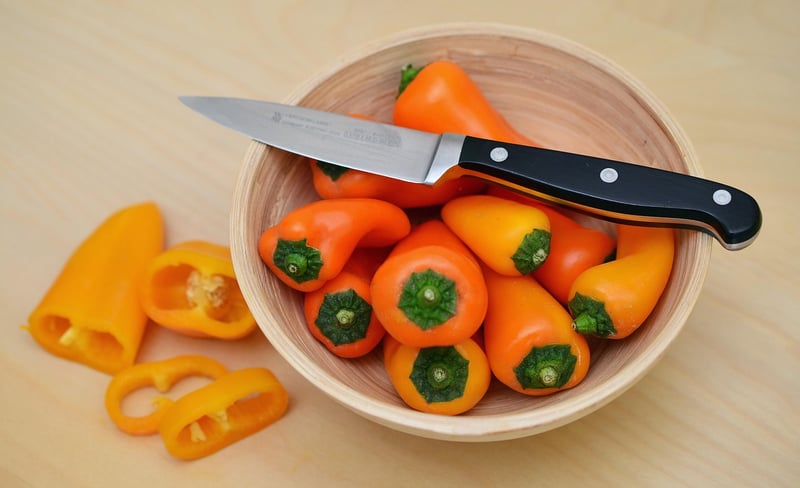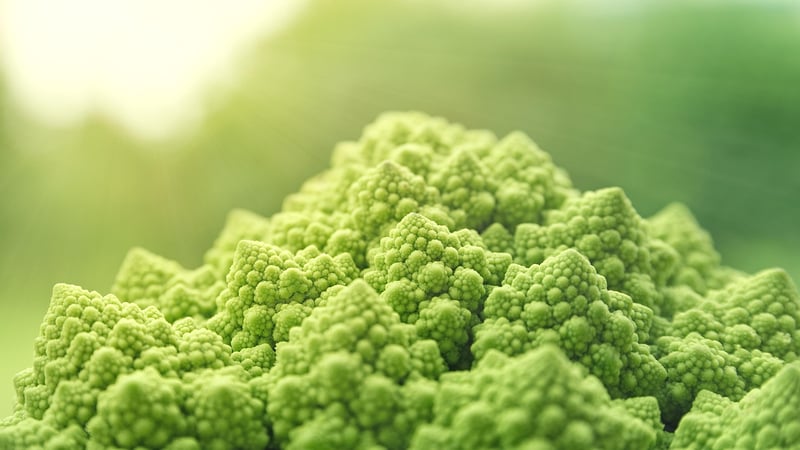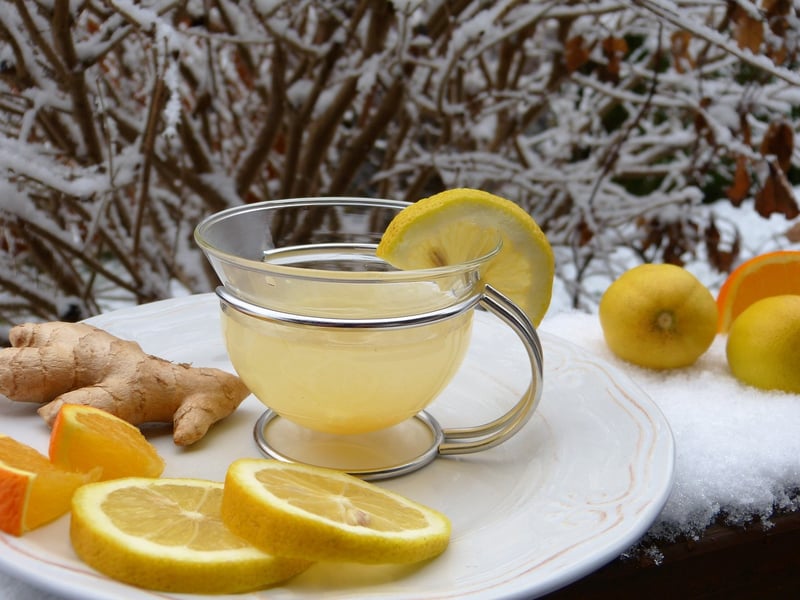Seasoning Techniques
Enhance Your Culinary Knowledge: Seasoning Techniques
Seasoning is an essential aspect of cooking that can truly elevate the flavors of your dishes. Whether you're a novice in the kitchen or a seasoned chef, understanding different seasoning techniques can help you create delicious and well-balanced meals. In this article, we will explore various seasoning methods that you can incorporate into your cooking repertoire.
1. Salt
Salt is perhaps the most fundamental seasoning in cooking. It not only enhances the overall flavor of a dish but also helps to bring out the natural flavors of other ingredients. When using salt, remember to season in layers, adding small amounts gradually and tasting as you go to avoid over-salting.
2. Pepper
Pepper adds a warm and spicy kick to dishes. Whether you prefer freshly ground black pepper or the milder white pepper, adding it towards the end of cooking can help preserve its flavor. Experiment with different types of pepper to find the perfect balance for your taste.
3. Herbs and Spices
Herbs and spices are excellent for adding depth and complexity to your dishes. From aromatic herbs like basil and cilantro to warming spices like cinnamon and cumin, the options are endless. Fresh herbs are best added towards the end of cooking, while ground spices can be added earlier to allow their flavors to develop.
4. Citrus
Citrus fruits such as lemons, limes, and oranges can brighten up a dish with their tangy and refreshing flavors. Use citrus zest, juice, or segments to add a burst of acidity that can balance out rich or savory dishes. Citrus is particularly effective in seafood and salad recipes.
5. Umami Boosters
Umami is known as the fifth taste, adding depth and savoriness to dishes. Ingredients like soy sauce, miso paste, tomato paste, and Parmesan cheese are rich in umami flavor. Incorporating umami boosters can enhance the overall taste of your dishes, making them more satisfying and flavorful.
Experiment and Enjoy!
Seasoning is a creative process, so don't be afraid to experiment with different flavors and combinations. Taste as you cook and adjust the seasoning to suit your preferences. By mastering various seasoning techniques, you can take your culinary skills to the next level and create dishes that are truly unforgettable.




Now that you have a better understanding of seasoning techniques, it's time to get into the kitchen and start experimenting. Remember, cooking is a journey, so have fun along the way and enjoy the delicious results of your culinary creations!
